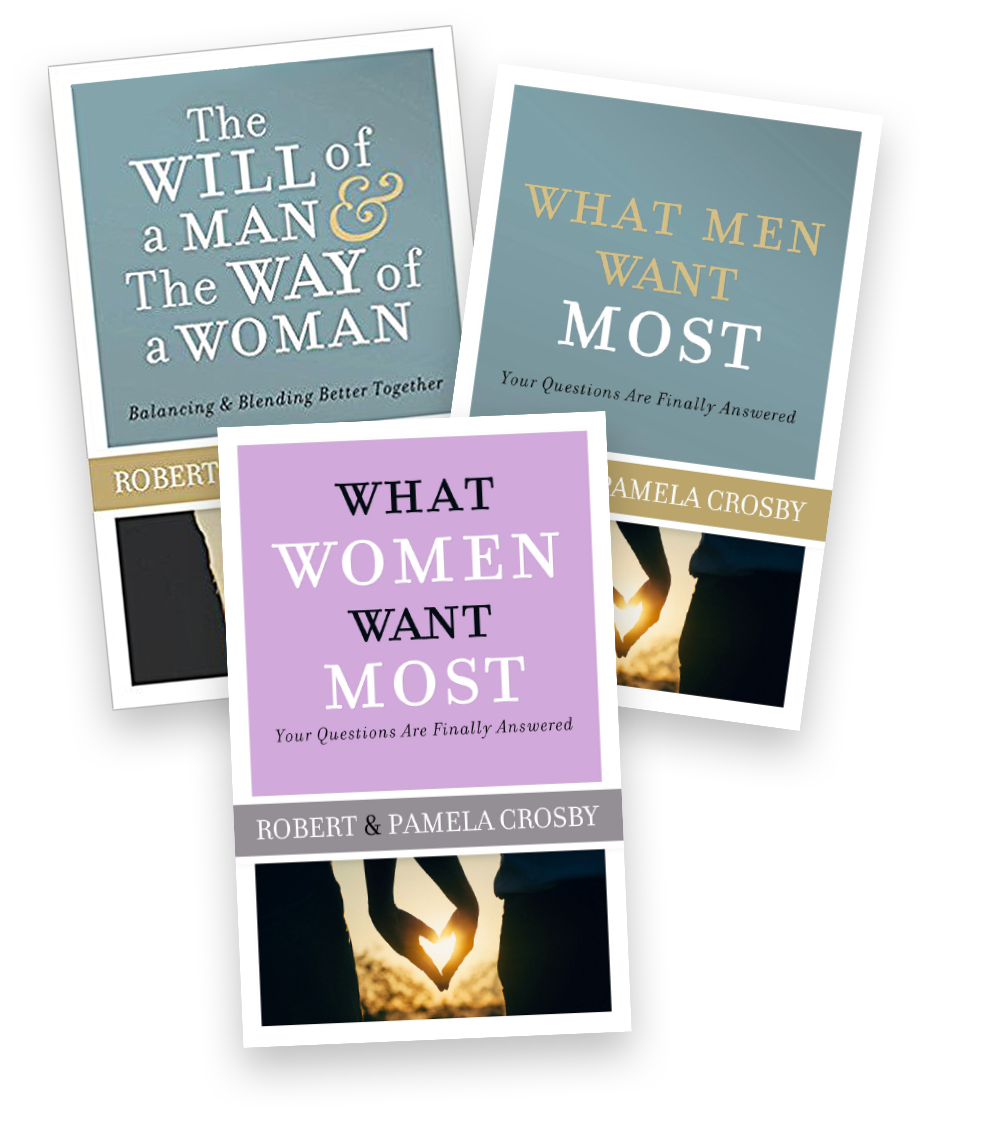Don’t Forget … to Remember!
 You can tell when a person has “closed their soul” towards you, can’t you? They pull away and avoid your presence. Their answers to your questions become brief and bland. They refuse to make eye contact. Their countenance is sunken. Their posture often bent.
You can tell when a person has “closed their soul” towards you, can’t you? They pull away and avoid your presence. Their answers to your questions become brief and bland. They refuse to make eye contact. Their countenance is sunken. Their posture often bent.
Counseling a couple in this state, or a mother and her daughter for that matter, is seldom easy. Melting emotional ice between people that has hardened for months, even years, can feel impossible. . .especially in the span of an hour-long session or two. Fortunately, I have discovered one tool God has given us that almost always opens a pathway to healing.
This “tool” is actually a powerful principle that I practice by asking a couple of questions such as these:
- Tell me. What was your relationship like when it was at its best?
- And, what are the fondest memories you have shared together?
Without exception, whenever I have asked couples these question or similar ones, regardless of how “icy” the room has felt, I have watched the same faces, that had previously refused to look at one another, gradually turn and smile as some of the good memories become dusted off in their minds. After only a few minutes of reminiscing, a warmth begins to reenter the room, postures relax and sentences become more full and vivid. Somehow, hope reemerges.
But just what is it that occurs in such a moment?
 I call it THE PRINCIPLE OF REMEMBRANCE.
I call it THE PRINCIPLE OF REMEMBRANCE.
The Principle of Remembrance is a key to refreshing our relationships. God has wired us in such a way that in order to have our souls and our relationships refreshed we must not forget to remember. Unfortunately, however, our human tendency is to reflect on life’s negative experiences, on the problems in our relationships, on the struggles and failures, to fret and to worry about today’s problems or tomorrow’s possible ones. The Bible, however, instructs us to do just the opposite.
_______________
The Principle of Remembrance is a key to refreshing our relationships.
_______________
King David learned to refresh his relationship with God by simply remembering God’s faithfulness. The book of Psalms itself is a record of David’s memories of God’s goodness in his life and in the nation of Israel (“O Lord God Almighty, who is like you? You are mighty, O Lord, and your faithfulness surrounds you.” Ps. 89:8). Whenever David began to be emotionally overwhelmed with whatever life was dealing him, he would pause and remember the “good times” in his walk with God. In like manner, a wise spouse and parent will take time to remember the good times they have had in their family relationships.
Memories of precious and meaningful times renew something within us as couples, as parents, as Christians. Paul the Apostle refreshed his “joy” regularly by remembering the people in his life. Because relationships mattered to him, he felt it important to renew the emotional bonds regularly through the Principle of Remembrance. Not only did he take time to remember the “good times”, he communicated this freely to the people in his life.
When he wrote to the Philippians:
“I thank my God every time I remember you.” (Philippians 1:3)
_____
When moments are marked, memories are made.
_____







